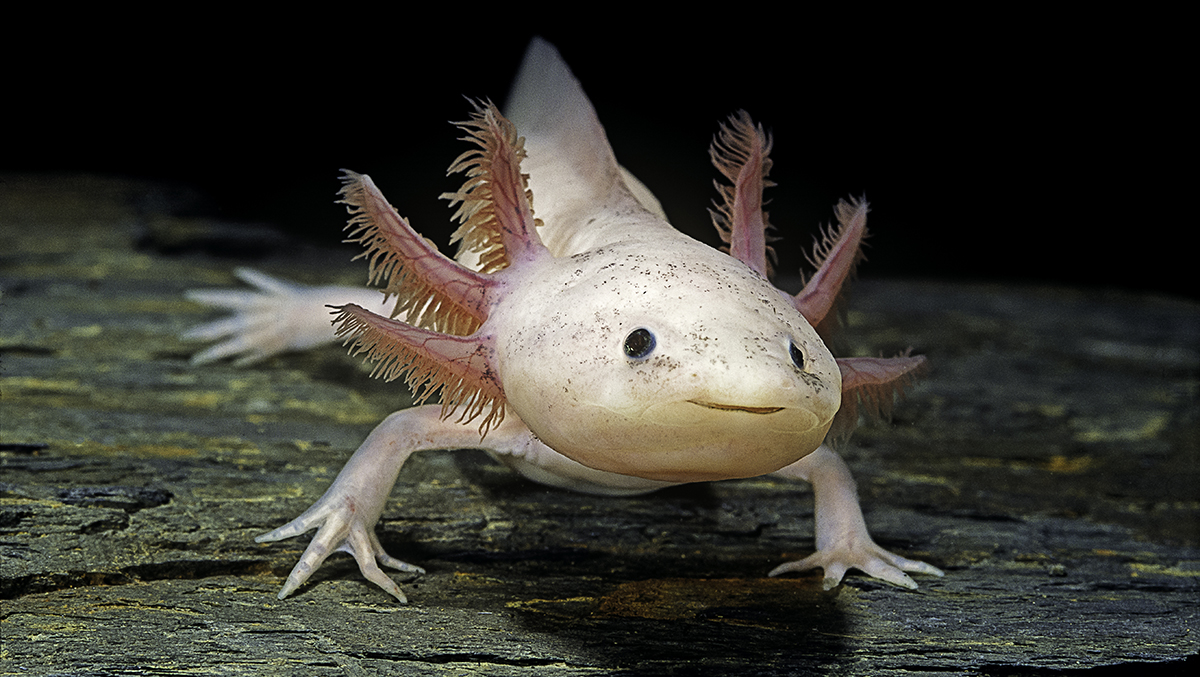
Axolotls
Axolotls
The axolotl, a salamander species native to Mexico, is a poster child for limb regeneration. With an extraordinary capacity to regrow not only limbs but also parts of their spinal cord, heart, and even portions of their brain, axolotls are regenerative marvels. Scientists are fervently studying these creatures to unlock the secrets behind their regenerative prowess.
Starfish
Starfish, or sea stars, are renowned for their ability to regenerate arms. If a starfish loses an arm due to predation or injury, it can regenerate a fully functional arm from the remaining stump. This regenerative ability extends to internal organs as well, making starfish a fascinating subject of study for regenerative medicine researchers.
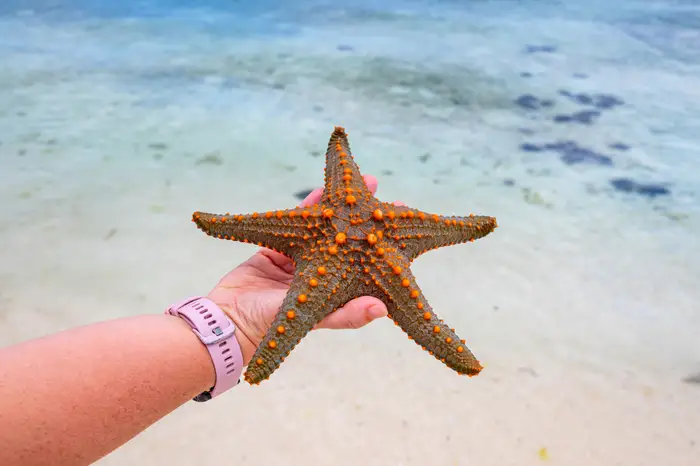
Starfish
Planarians
Planarians, flatworms found in freshwater environments, possess an astonishing regenerative capability. If a planarian is bisected or otherwise injured, each segment can regenerate into a complete and fully functional organism. This unique ability stems from the presence of pluripotent stem cells that can differentiate into various cell types, facilitating regeneration.
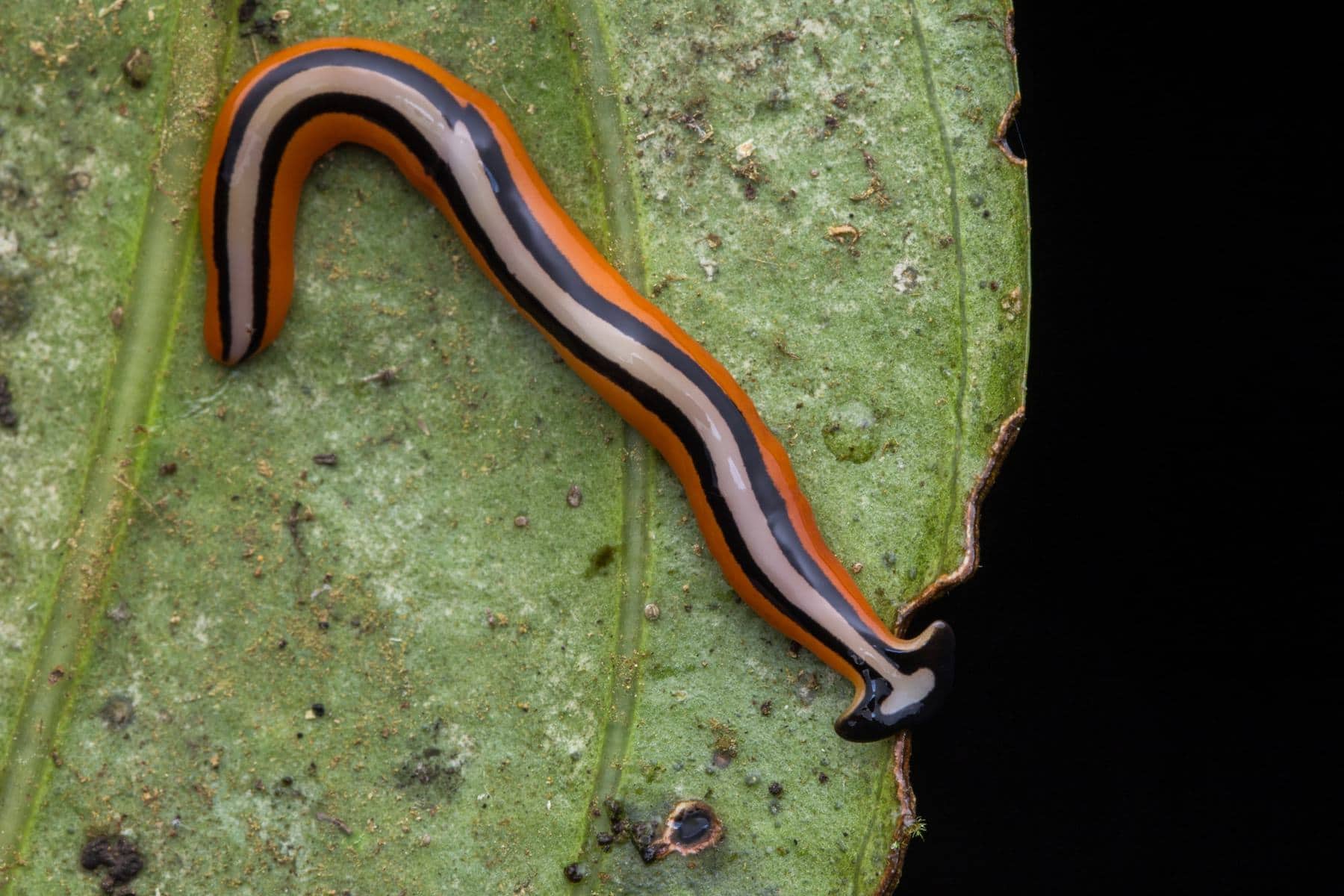
Planarians
Zebrafish
Zebrafish are not only vibrant and visually striking but also exhibit impressive regenerative abilities. These small freshwater fish can regrow fins, scales, and even portions of their heart. The regenerative prowess of zebrafish has led scientists to explore the genetic and molecular mechanisms underlying their ability, with potential implications for regenerative medicine.
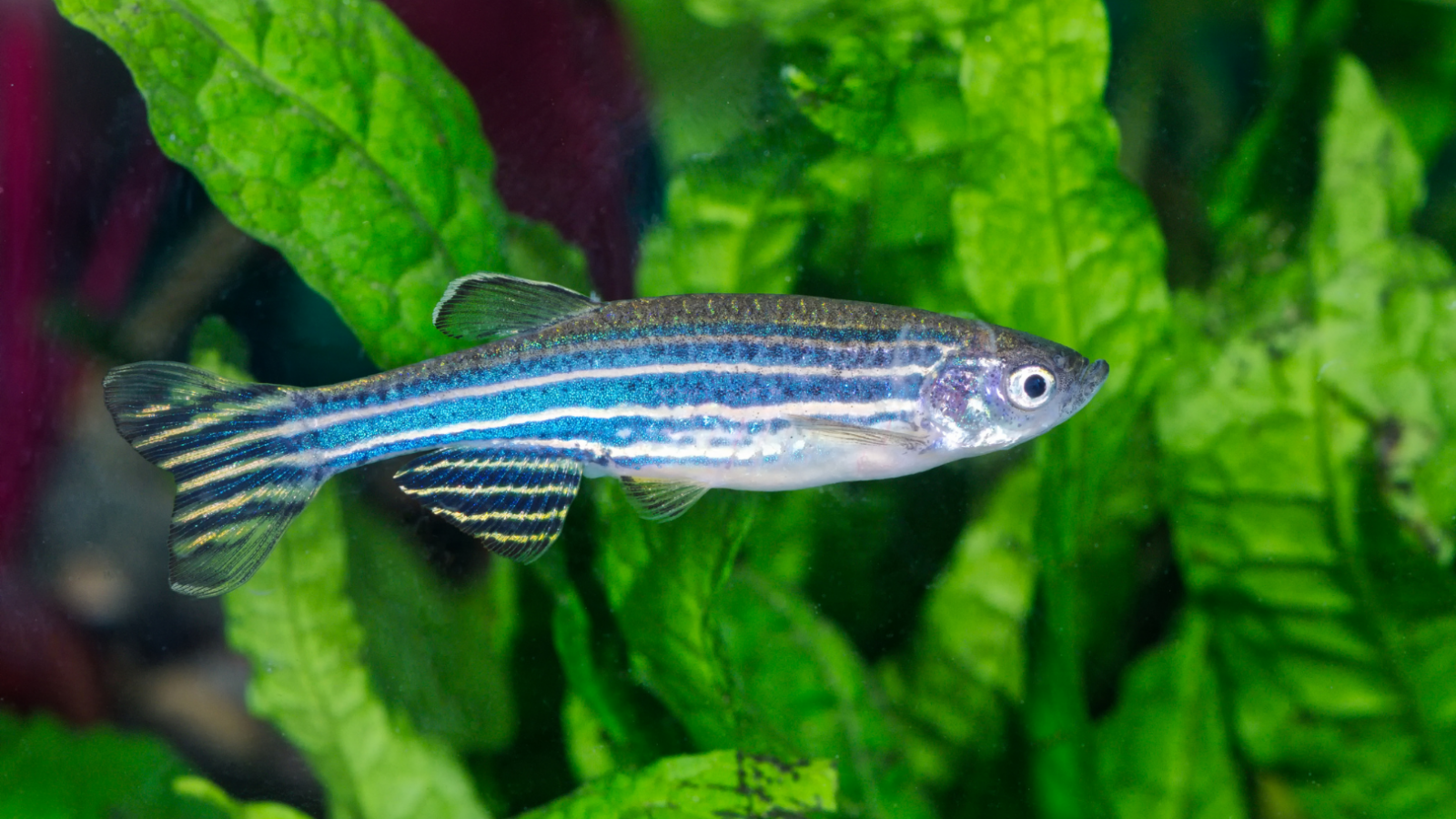
Zebrafish
Frogs
Certain species of frogs, such as the African clawed frog, can regenerate limbs at different life stages. While this ability diminishes as the frogs mature, studying the regenerative processes in amphibians provides valuable insights into the potential applications for limb regeneration in other vertebrates.
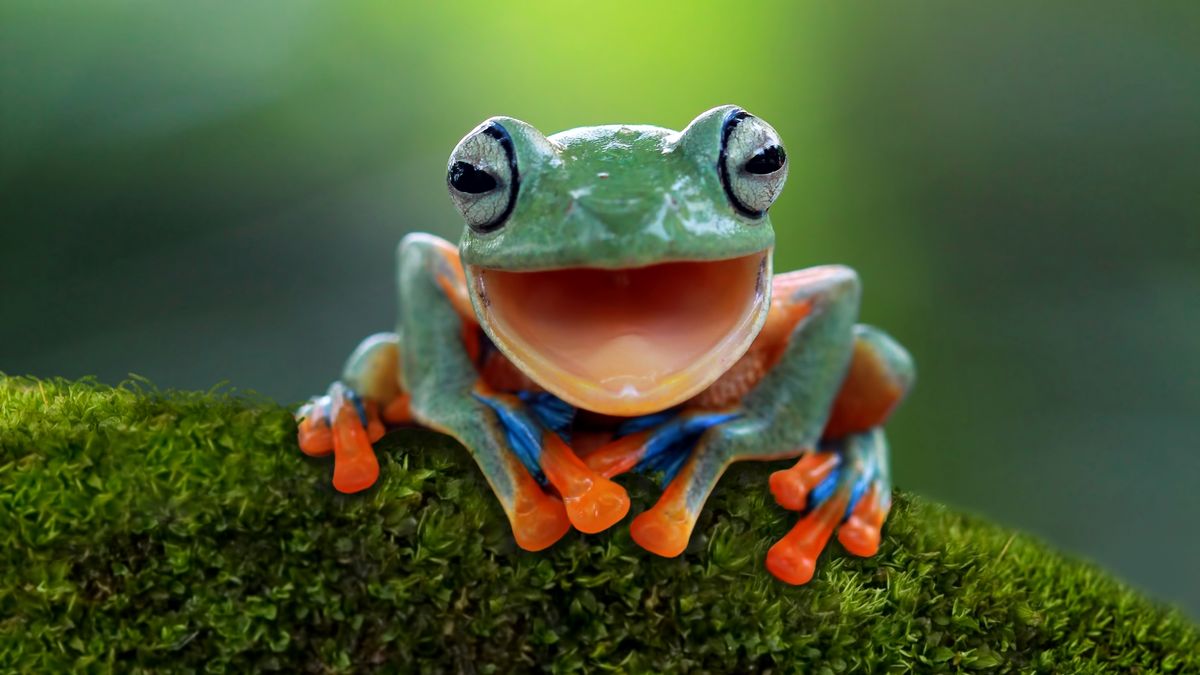
Frogs
Cephalopods
Some members of the cephalopod family, including octopuses and squids, possess a limited ability to regenerate arms. Although not as extensive as the regeneration seen in other animals, the regrowth of arms in cephalopods adds another layer to the spectrum of regenerative capabilities in the animal kingdom.
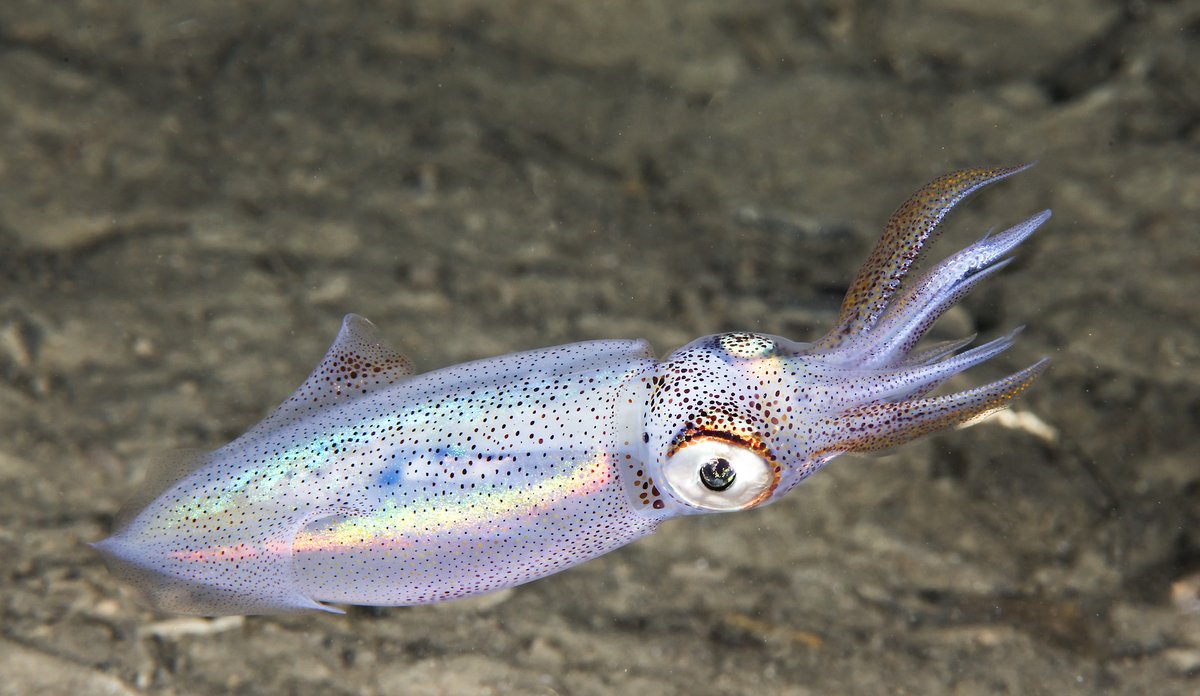
Cephalopods








